National Day Message of Ambassador Almubaraky of Saudi Arabia
The following are details of the Message of Ambassador Riyad Almubaraky of Saudi Arabia in Seoul delivered on the occasion of 87th National Day Anniversary of the Kingdom on September 23, 2017:
As we celebrate the 87th anniversary of the unification of the Kingdom of Saudi Arabia, we recall and remember the efforts and sacrifices of the Kingdom's founder His Majesty late King Abdul Aziz bin Abdulrahman Al Saud to build such great state, the Kingdom of Saudi Arabia, based on the Holy Quran, adhering to the teachings of Prophet Mohammed-May peace be upon him, with Allah's help, the Kingdom was reunified.
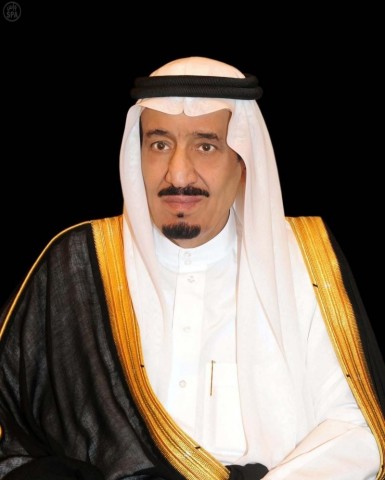
The Kingdom of Saudi Arabia stands proudly, side by side, with the developed countries in every field. Under the great leadership of the Custodian of the Two Holy Mosques King Salman bin Abdulaziz, the Kingdom witnesses a glorious era and a blessed renaissance with more security and stability.
With a vision to secure the brighter and more prosperous future, the Kingdom's "Vision 2030" was announced which has national, developmental and future plans approved by His Majesty the King. The Vision represents a new phase of development and hard work for a better future, with the aim to keep up with the developed countries, to achieve a comprehensive development, to employ the Kingdom's potentials and its energy, by taking advantage of the Kingdom's strategic location, while adhering to the genuine faith of Islam and preserving the genuineness of our society and its principles.
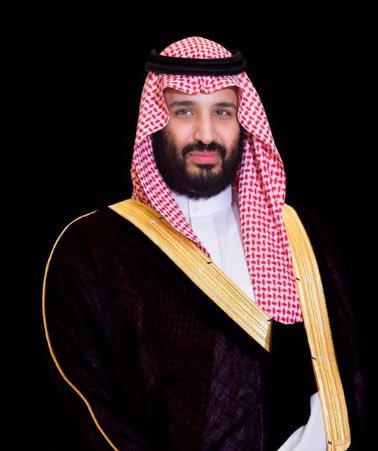
Taking this opportunity, I would like to praise the strategic, friendship, and cooperative relations between the Kingdom of Saudi Arabia and the Republic of Korea. The two friendly countries established diplomatic ties on October 16, 1962. Through a long history, the two countries witnessed various forms of friendship and cooperation in many fields, including politics, economy, education, and culture. The Republic of Korea managed to secure a safe source of crude oil, while the Kingdom of Saudi Arabia was able to obtain high quality and efficient infrastructure when the Korean firms began to enter the Saudi markets in 1973. The Korean companies have participated significantly in modernizing the Saudi basic infrastructure in 1970s and 1980s. In terms of the volume of contracts, the share of the Korean companies in Saudi Arabia has reached 23%, which in turn assures that Korea is the first partner to Saudi Arabia in the fields of construction and reconstruction.
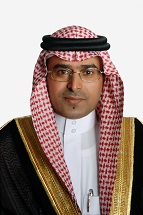
The cooperation between the two friendly countries, however, was not limited only to the fields of oil and construction, but extended to many other fields. Given the accumulative trust built by the Korean companies in Saudi Arabia since the last century, these firms managed, recently, in securing huge project contracts in Saudi Arabia such as plants for petroleum, petrochemicals, power generation and water desalination. The two countries are seeking to expand cooperation in the fields of shipbuilding, automobiles, military industries, and renewable energy.
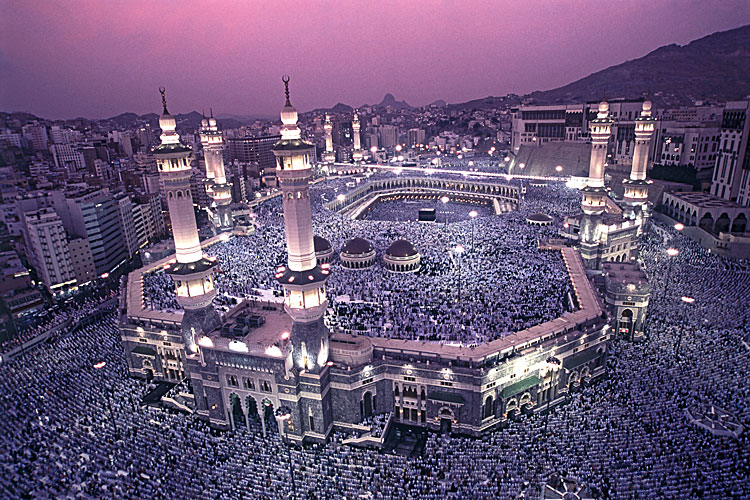
The bilateral relationship between the two friendly countries is considered as the model of relations among other nations as the two countries witnessed continuous development and mutual coordination in many international issues, such as combating piracy and terrorism, climate change, non-proliferation of weapons of mass destruction, including nuclear weapons, and providing mutual support for the positions and candidacies of the two countries in international bodies and organizations.
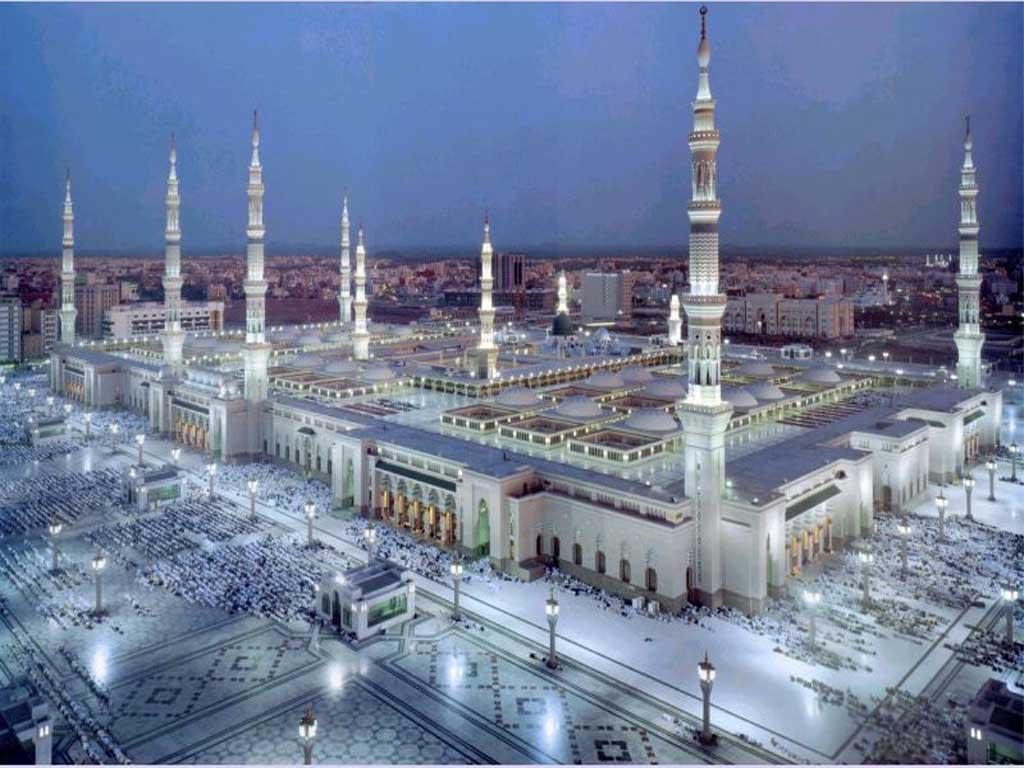
The two countries particularly pay attention to enhance the strategic relations and to increase cooperation in various fields. The Kingdom is the first supplier of crude oil to Korea, its fourth largest trading partner and the largest market for the Korean products in the Middle East.
In 2012, the two countries have celebrated the 50th anniversary of their distinguished historic friendship. On the same year, the Republic of Korea was a guest of honor at the Janadriyah Cultural Festival. This October, the two friendly countries will celebrate together the 55th anniversary of the establishment of bilateral relations. The next era will witness an increase in the level of cooperation and rapprochement as the Republic of Korea is selected as among the strategic cooperation countries within the framework of the implementation of the Kingdom's "Vision 2030" that aims to reduce Saudi's dependence on oil and to make development in other fields.
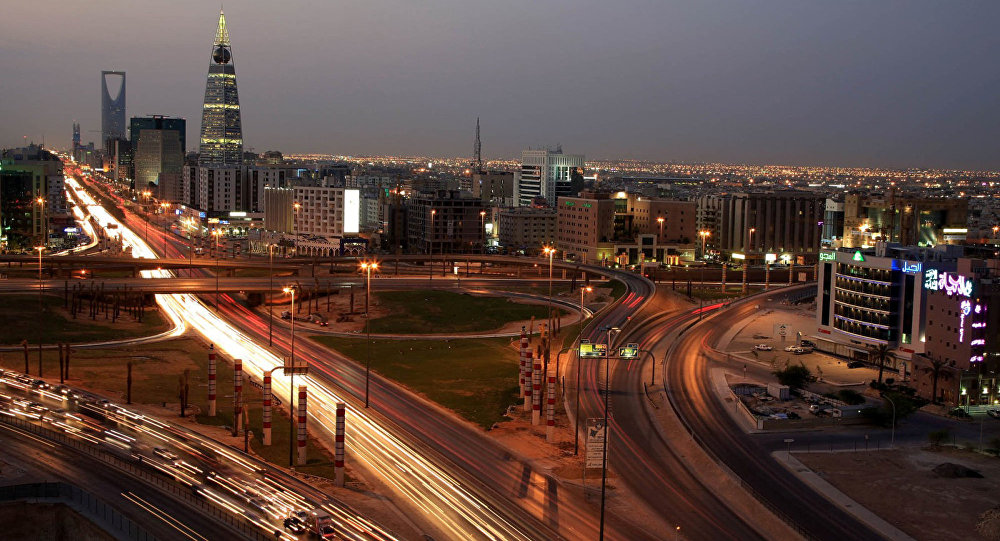
I sincerely wish the two countries and the two friendly peoples continued prosperity, security and stability.
Country Report
- Official Name of the Country: The Kingdom of Saudi Arabia
- Capital city: Riyad
- Population: 28.7 million
- Area: 2.24 million sq. km (864,869 sq. miles)
- Major language: Arabic
- Major religion: Islam
- Currency: Riyal
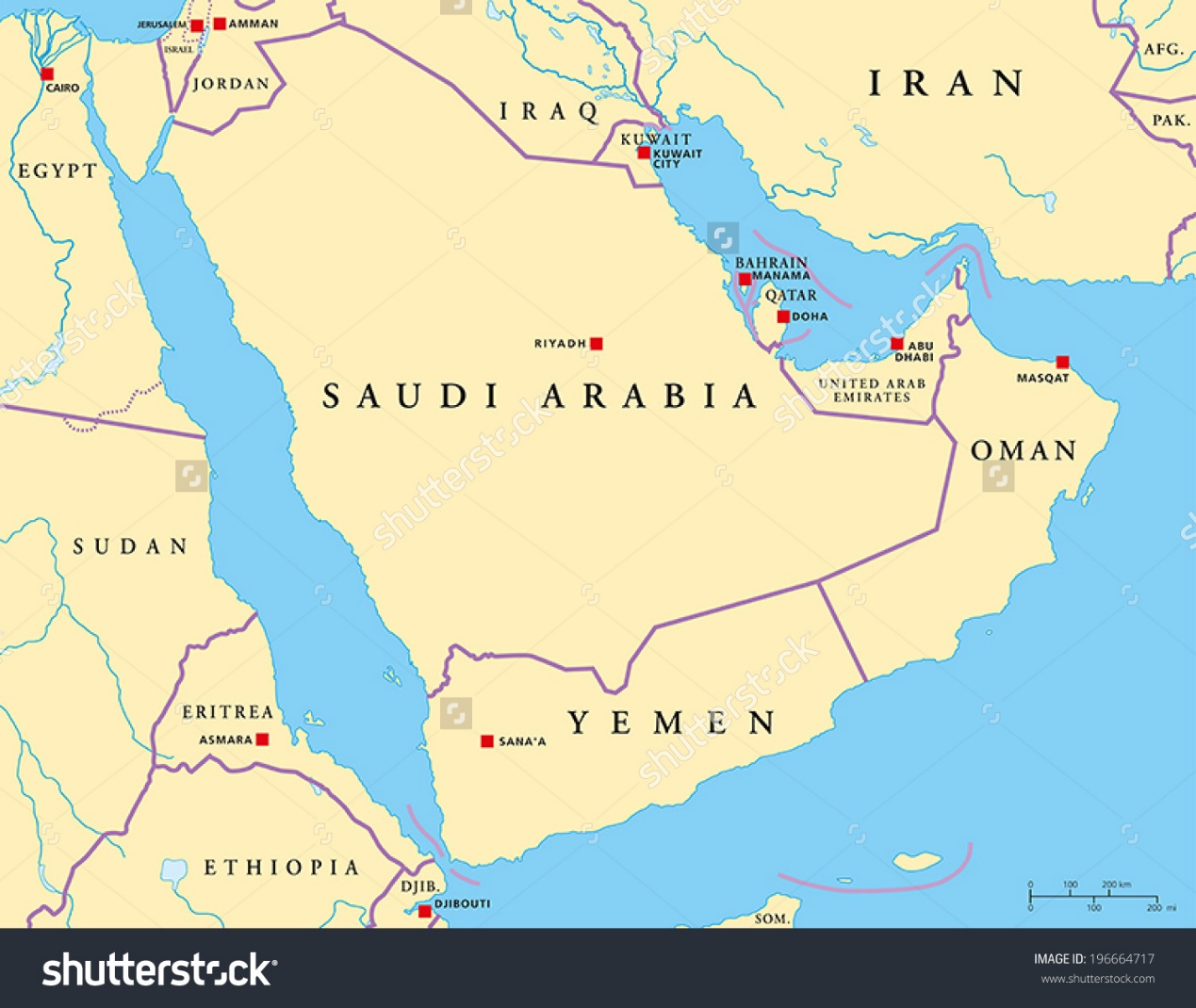
Historical Sites & Sightseeing Places in Saudi Arabia
Madain Salih
In 2008, the Archaeological Site of Al-Hijr (Madâin Sâlih) was enlisted to the UNESCO’s list of the world cultural heritage as the first UNESCO’s World Heritage property to be inscribed in Saudi Arabia. Formerly known as Hegra it is the largest conserved site of the civilization of the Nabataeans south of Petra in Jordan. It features well-preserved monumental tombs with decorated facades dating from the 1st century BC to the 1st century AD. The site also features some 50 inscriptions of the pre-Nabataean period and some cave drawings. Al-Hijr bears a unique testimony to Nabataean civilization. With its 111 monumental tombs, 94 of which are decorated, and water wells, the site is an outstanding example of the Nabataeans’ architectural accomplishment and hydraulic expertise.
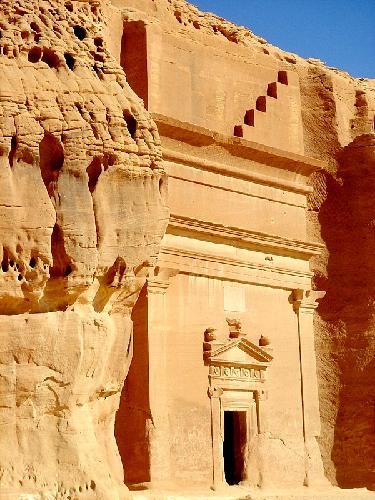
Al-Masmak Palace
Al-Masmak was the starting point for King Abdul Aziz to recover the capital of his grandfathers.
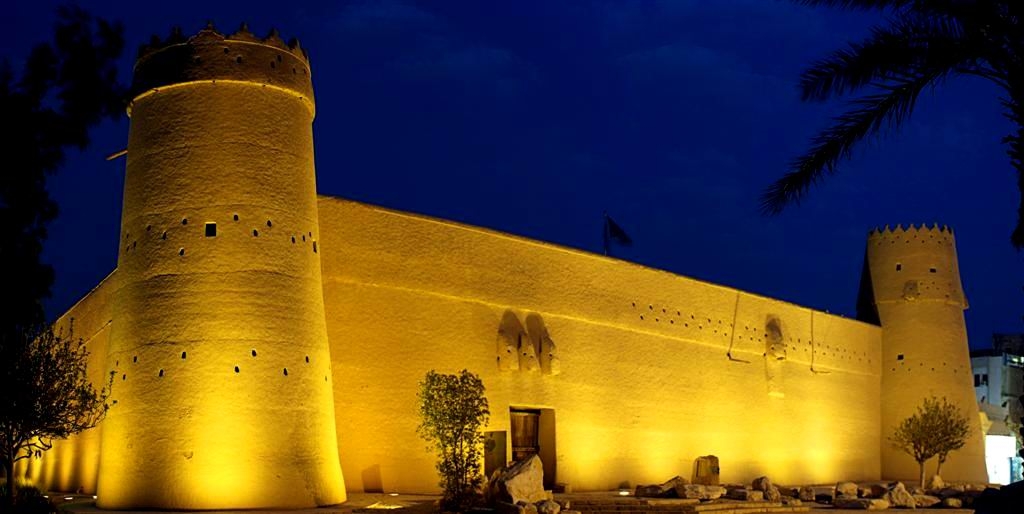
Saudi Foreign Investment Policy
The Kingdom of Saudi Arabia realizes that achieving its ambitious economic goals requires a steady flow of technology and expertise into the country. Therefore, its policy is to welcome foreign capital and invite it to participate in the economic development projects in cooperation with Saudi business. The government policy aims not to impose any restrictions on the movement of capital inflow but to respect private ownership.
In addition, foreign investment that fulfills the requirements of the Foreign Capital Investment Code enjoys all privileges of national capital and is entitled to the same treatment, protection, and incentives accorded to national capital. The Code requires that foreign capital be invested in economic development projects (which, under the Code, do not include petroleum and mineral projects). Development projects are defined by the Ministry of Industry and Electricity.
Provided that the share of national capital is at least 25 percent, industrial or agricultural projects that fulfill the above requirements enjoy the following benefits:
An income tax holiday of up to 10 years from the commencement of commercial production.
Ownership of land according to the regulations governing land ownership by non-Saudis.
For industrial projects, the same privileges are given as the Saudi capital under the National Industries Protection and Encouragement Regulations. These privileges include:
Exemption from customs duties on machinery, equipment, tools and spare parts imported for industrial products.
Exemption from customs duties on primary raw materials, semi-finished goods, containers, etc., necessary for industrial projects (provided that similar items are not sufficiently available locally).
Provision by the government of plots of land at a nominal rate for factories and residential quarters for workers.
Low electricity and water rates.
No restriction on repatriation of profits.
Preferential treatment for local products in government procurement in addition to preferential treatment accorded to national products by Arab League and Saudi Arabian bilateral trade agreements.

